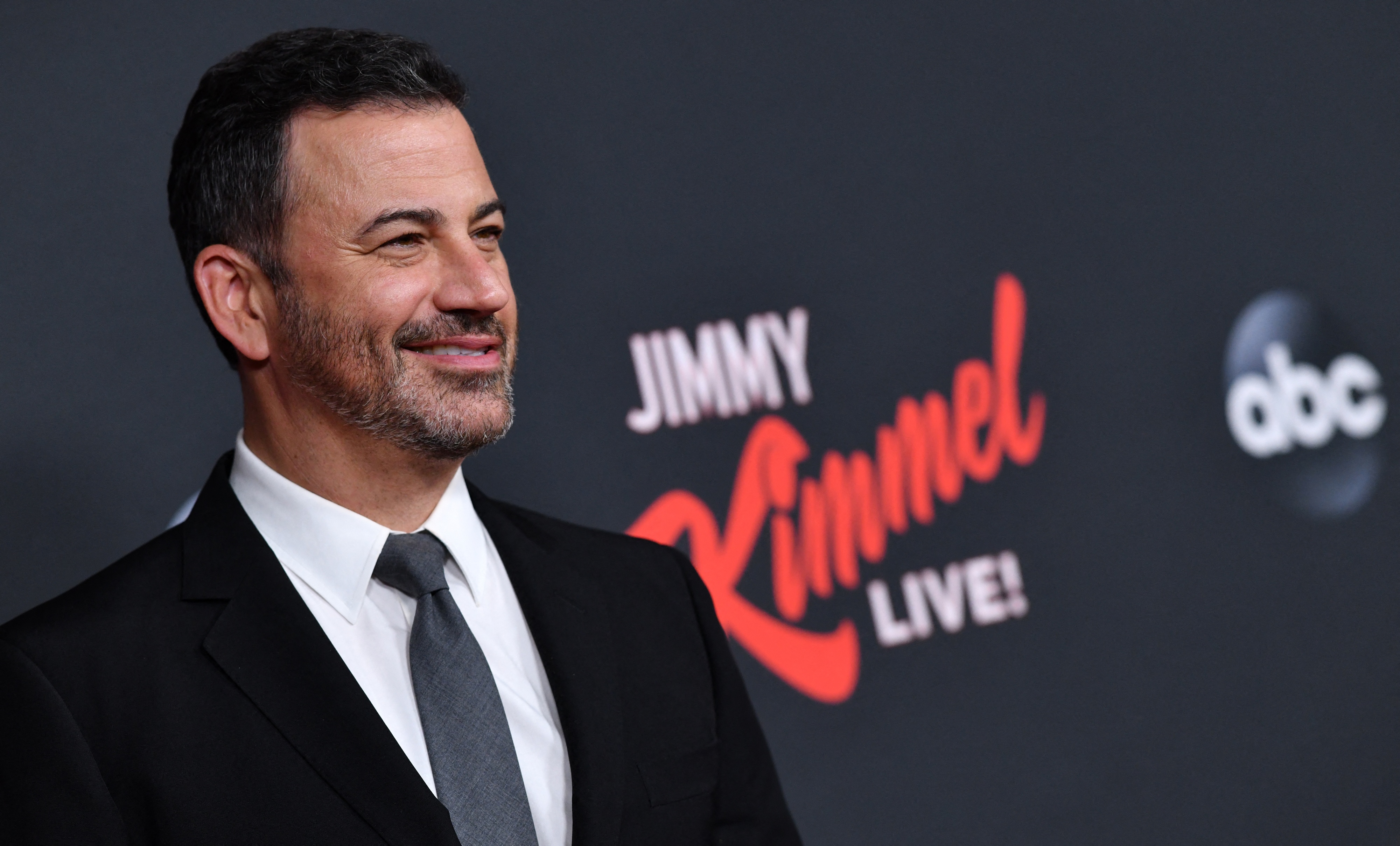When Jimmy Kimmel walked back onto his Jimmy Kimmel Live! stage after a weeklong suspension, the applause came not just from his studio audience but from Hollywood’s political class. For them, Kimmel’s return was more than late-night entertainment — it was a symbolic win at a moment when Democrats are desperate for one.

The Democratic National Committee (DNC) seized on the occasion, launching a modest but attention-grabbing digital ad campaign the same night of Kimmel’s comeback. The focus: Donald Trump’s attacks on free speech and the media, amplified by FCC chairman Brendan Carr’s controversial remarks urging affiliates to drop Kimmel’s show.
A Party in Peril
The ad came against the backdrop of sobering numbers for Democrats. Just days earlier, CNN’s chief data analyst Harry Enten warned that, despite Trump’s sagging approval ratings, Democrats were failing to capitalize.
“At this particular point, the ball may be on the ground, but the Democrats have not picked up the ball and run with it,” Enten said. “If anything, it’s the Republicans who are running with the ball on the top issues.”
The implication was clear: Democrats are floundering with voters ahead of the 2026 midterms.
The Disney Decision and Hollywood’s Anxiety
Kimmel’s suspension was ordered abruptly by Disney CEO Bob Iger and Disney Entertainment co-chair Dana Walden, sparking despair in Hollywood. Many saw it as another example of corporate capitulation to Trump’s administration, which in recent months had already pressured:
ABC News and Paramount into eight-figure settlements over legal disputes.
CBS, which announced that Stephen Colbert’s show would not return next season, seen as another bow to political pressure.
In that climate, Kimmel’s reinstatement — and the massive ratings surge that followed — felt like resistance.

The DNC’s Free Speech Gamble
The DNC spent only a five-figure sum on its digital push, but the results were striking.
A 30-second spot highlighting Trump’s media attacks racked up 500,000 views.
It reached 40,000 unique voters — more than double the engagement typical for a campaign of its size.
Ads ran as pre-roll on shows hosted by Ben Shapiro and Joe Rogan, signaling an effort to reach beyond the Democratic base.
“Freedom of speech is an issue that transcends party lines,” said Abhi Rahman, deputy communications director for the DNC.
The campaign wasn’t about raising money, Rahman noted, but about making a point: censorship and free expression resonate across partisan divides.
Unlikely Republican Pushback
Interestingly, some Republicans also balked at Carr’s comments. Senators Rand Paul (R-Ky.) and Ted Cruz (R-Texas) criticized the FCC chair and warned against creeping censorship.
That caution mirrors public sentiment. A Quinnipiac poll found:
53% of voters feel pessimistic about freedom of speech being protected in the U.S.
Only 43% feel optimistic.
For Democrats, that data suggests free speech could be a wedge issue — one that resonates with Independents and even some conservatives.
The Limits of the Moment
Still, strategists warn against overhyping Kimmel’s role.
“As a stand-alone event it’s not a magic bullet,” said Steve Caplan, a veteran communications consultant and USC professor. “But it is part of a larger narrative of concerns and anxieties that many Americans — not just Democrats but Independents and even some Republicans — feel about government overreach.”
Caplan pointed to upcoming political battles, such as California’s Proposition 50 vote on Nov. 4, as issues that could quickly eclipse the Kimmel affair in the news cycle.
Hollywood Finds Its Voice — For Now
For Hollywood insiders, Kimmel’s stand mattered less for electoral impact than for morale.
“Will it bolster Hollywood and make donors more willing to engage? I think so,” Caplan said. “It shows relevancy and it’s a momentary win.”
But he added that the larger battles with Trump are far from over, and Kimmel’s suspension proved just how vulnerable even high-profile talent remains.
Democrats are undeniably in trouble heading into the 2026 midterms. Kimmel alone can’t change that. But his suspension — and triumphant return — provided a flashpoint around free speech that energized Hollywood, rallied Democrats, and even drew support from across the aisle.
Whether it’s remembered as a turning point or just a fleeting headline depends on whether Democrats can build a broader narrative around it. For now, at least, Jimmy Kimmel has given the party something it sorely needed: a win, however brief.







